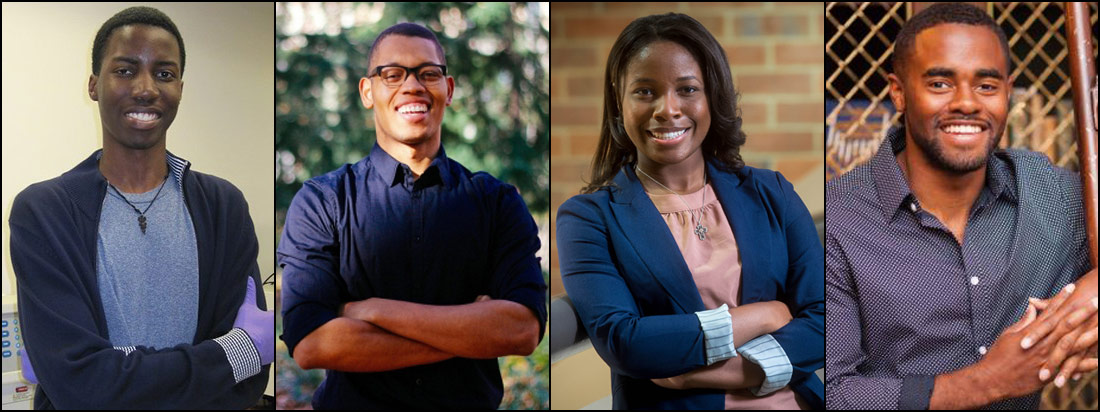 In 1953 the Marshall Scholarships program was established by an act of the British Parliament. Funded by the British government, the program is a national gesture of thanks to the American people for aid received under the Marshall Plan, the U.S.-financed program that led to the reconstruction of Europe after World War II. The scholarships provide funds for up to two years of study at a British university, and include money for travel, living expenses, and books. Applicants must earn a degree at an American college or university with a minimum of a 3.7 grade point average.
In 1953 the Marshall Scholarships program was established by an act of the British Parliament. Funded by the British government, the program is a national gesture of thanks to the American people for aid received under the Marshall Plan, the U.S.-financed program that led to the reconstruction of Europe after World War II. The scholarships provide funds for up to two years of study at a British university, and include money for travel, living expenses, and books. Applicants must earn a degree at an American college or university with a minimum of a 3.7 grade point average.
The Marshall Aid Commemoration Commission is authorized to award up to 40 scholarships each year. This year 32 scholarships were awarded. It appears from JBHE research, that four of the 32 winners are African Americans.

Quenton Bubb is a senior at Johns Hopkins University in Baltimore who is majoring in biophysics. A native of Brooklyn, New York, Bubb hopes to go to medical school and to earn a Ph.D. in molecular biophysics. In England, he will pursue graduate studies in chemistry at the University of Cambridge.
Robert Clinton is a senior at the Gallatin School of Individualized Study at New York University. His independent study degree is focusing on the sociology and politics of urban agriculture. In England, Clinton will pursue a master of science degree in sustainable urbanism and a master of research degree in interdisciplinary urban design.
Ophelia Johnson is a graduate of the University of Alabama Birmingham with a bachelor’s degree in biomedical engineering. She is currently pursuing a master’s degree at the university in engineering. Johnson is a former UNCF Merck Undergraduate Research Fellow and won a Goldwater Scholarship. Johnson will spend a year studying medical device design and entrepreneurship at Imperial College London.
Joel Rhone is a senior at Howard University in Washington, D.C., majoring in English. A native of California, Rhone served as president of the Sterling Allen Brown English Society at Howard. Rhone will conduct research at the University of Manchester on African-American literature, particularly its impact on, and depiction of, the African-American church.


Samuel Rhone……awesome….Congratulations to the tenth degree. A chip off the old block(s). You have two great role models.